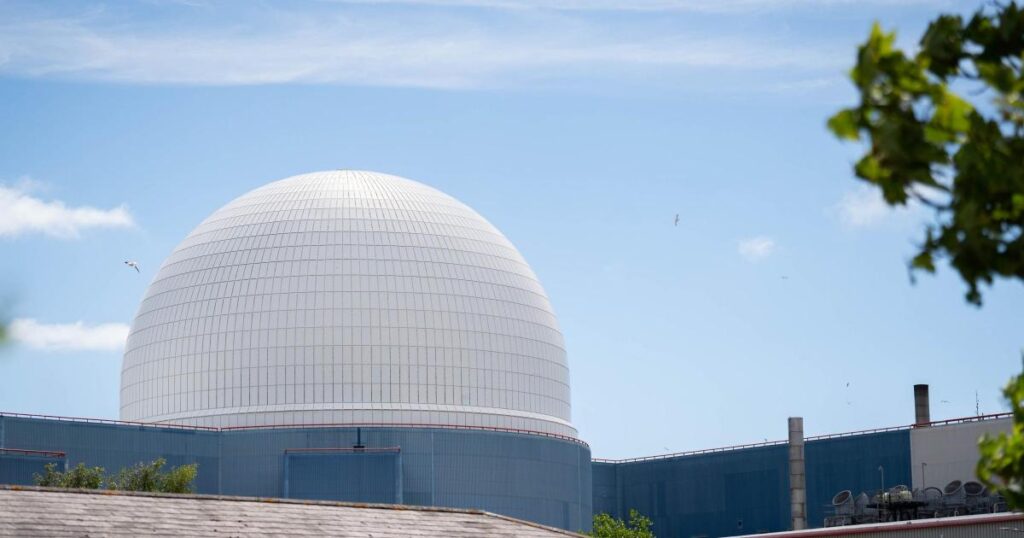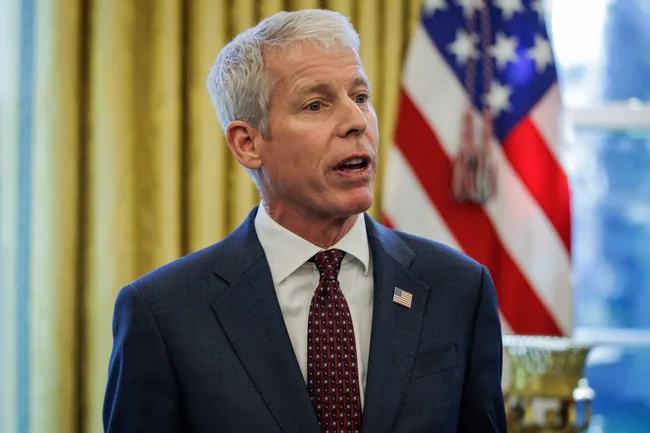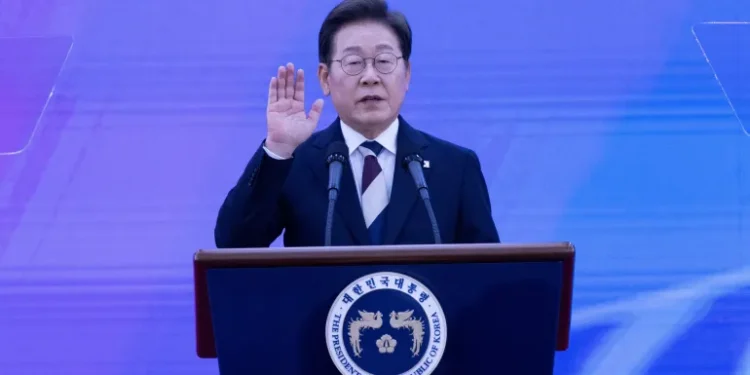The U.S. Department of Energy (DOE) has announced a pilot program aimed at accelerating the development of advanced nuclear reactors while establishing a resilient, domestically sourced nuclear fuel supply chain. The initiative is part of a broader strategy to enhance energy security, promote innovation, and reduce dependence on foreign uranium.
As part of the program’s launch, the DOE issued a Request for Applications (RFA) to invite U.S.-based companies to participate in constructing and operating nuclear fuel production lines.
These facilities, once authorized under the Department’s expedited process, will serve as the backbone of America’s emerging nuclear technology sector.
Energy Secretary Chris Wright emphasized the significance of the new initiative, calling it a turning point for national energy strategy.
“We are ushering in a new era of American nuclear innovation. To lead globally, we must fuel locally.
“This program secures the critical materials pipeline necessary for advanced reactors and supports a strong domestic industry.”
Energy Secretary Chris Wright
The pilot program is designed to address two major challenges simultaneously: the need for modern, efficient reactor technologies and the lack of a domestic supply chain for enriched uranium and specialized fuels.

The U.S. currently relies heavily on imports for nuclear fuel, primarily from geopolitical rivals, posing a potential risk to both energy independence and national security.
This effort directly aligns with executive directives issued by President Trump to reform nuclear reactor testing processes and prioritize national deployment of next-generation nuclear technologies.
The Department’s move reinforces the administration’s focus on energy innovation over regulatory barriers.
Launched in June 2025, the DOE’s reactor pilot program is already evaluating advanced reactor designs, with at least three expected to be selected by late summer.
These reactors could reach operational readiness by July 4, 2026, marking a symbolic and strategic milestone in U.S. energy policy.
Private Investment and Fast-Tracked Innovation

Under the new framework, participating companies will be fully responsible for funding the construction, operation, and eventual decommissioning of fuel production lines. They must also independently procure the necessary nuclear feedstock.
However, the opportunity to fast-track DOE authorization offers a significant incentive, potentially unlocking private investment and accelerating commercial licensing pathways.
The pilot program aligns closely with executive directives issued by President Trump earlier this year to promote nuclear energy development and reform outdated reactor testing protocols.
It also supports broader national security objectives, including the strategic diversification of America’s energy sources.
By leveraging DOE’s authorization authority, the initiative provides a flexible and expedited path for RD&D activities, without waiting on prolonged commercial licensing timelines from other federal agencies.
“This is innovation over regulation. It’s a model that encourages speed, safety, and private-sector leadership, exactly what we need to power the future.”
Energy Secretary Chris Wright

Initial applications for participation in the pilot program are due by August 15, 2025, though the Department will continue accepting submissions on a rolling basis thereafter.
Selected applicants will receive DOE authorization to proceed, enabling rapid project mobilization through the end of the year.
Stakeholders across the energy industry have lauded the move, citing the urgent need to bolster America’s capacity to develop, test, and commercialize new nuclear technologies.
As global demand for low-carbon energy sources accelerates, the U.S. aims to recapture its competitive edge in nuclear power. The launch of this pilot program signals a renewed commitment to innovation, energy independence, and a revitalized American nuclear sector.
READ ALSO: Ghana Fire Service Records Major Progress Amid Resource Constraints























